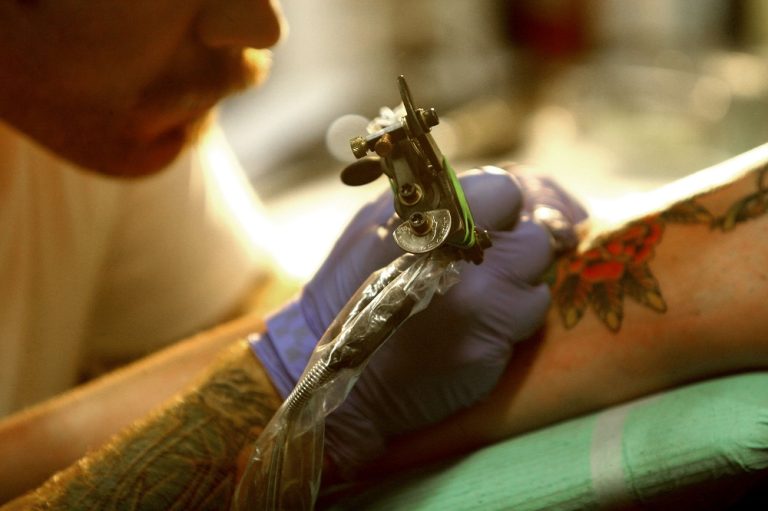While sobriety is the goal, AA meetings welcome anyone with a desire to stop drinking, regardless of theircurrent status. Sobriety coins, also known as sobriety chips, are tokens given to members of AA to signify the duration of their sobriety. While the chip system is common, it is not universally adopted across all AA groups. Criticism of AA has addressed various aspects of its program and operations. Concerns have been raised about its overall success rate, the perceived religious nature of its approach, and allegations of cult-like elements.
How can the 12 Steps of AA help me overcome alcoholism?

This platform is dedicated to encompassing all aspects of AAwithin the Traditions framework. By guiding those battling alcohol addiction towards AA meetings andeffective recovery methods, we strive to mitigate the risk of relapse. We provide extensive resources tohelp identify and alter harmful behavioral patterns, fostering a robust approach to conquer thecomplexities of alcohol addiction. The AA Twelve Steps PDF helps members organize their recovery journey, while tools like the 12 and 12 Step 2 PDF provide deeper insights into specific steps.
Frequently Asked Questions About A.A.
Members work together to help the alcoholic who still suffers. Helping each other is a key to staying sober. There are many opportunities to participate in a variety of ways. The best place to start getting involved is through an A.A. Participating in a group helps ensure that when a person reaches out for help, A.A. Has a simple program that works.
Participation is entirely free, and judgment is never part of the process. Access a comprehensive directory of Alcoholics Anonymous meetings across locations. Describes who A.A.s are and what they have learned about alcoholism. For all who think they may have a drinking problem. Grapevine covering stories from relapse to recovery.
Big Book ASL – Chapter 7 – Working with Others
Our user-friendly locator tool allows you to quickly find meetings by city, zip code, or your current location. Whether you’re looking for open, aa definition closed, gender-specific, or meetings for specific age groups, our comprehensive database has you covered. We understand the urgency and importance of finding a supportive group, so our listings are regularly updated for accuracy. Each listing includes essential details like meeting time, address, and contact information. Our goal is to ensure that no matter where you are, a path to recovery is always within reach. In the AA community, the Big Book is regarded as a crucial tool for everyone involved with AA or seeking help with their alcohol problems.
Other Resources
Members; Alcoholics Anonymous a meeting place; a coffee pot; A.A. Literature and meeting lists; and other supplies. These sources can provide much support.
- Contact GSO for copies of the New Group Form, which should be completed and returned for the new group to be listed.
- AA meetings offer a safe, non-judgmental space where you can share your experiences and listen to others facing similar struggles.
- These sessions offer shared experiences, communal support, and actionable guidance.
- Alcoholism is no joke; the 12 Steps of AA are there to help you stay sober.
- As stated in the 12 Traditions of AA, a desire for sobriety is the only requirement for membership in AA.
I was focusing on staying physically sober. I needed to listen and learn from the other people in the group. One guy was very persisting in reminding me to get a sponsor. For public information purposes. A sponsor in Alcoholics Anonymous is someone in an AA group who has been sober for some time — generally more than a year — and is able to keep you accountable.
Attend The Meeting

This https://newsforreviews.com/2022/06/07/should-i-go-back-to-rehab-after-a-relapse-elevate/ website does not contain a meeting finder. Resources below for a meeting list in that location and the surrounding area. AA meetings are typically free, though some groups may pass around a voluntary collection for expenses. Zoom Meetings can be joined by clicking the meeting’s „Zoom” button.
As a whole by listing the group with the General Service Office, as well as with the Area Assembly, district and local central/intergroup office. All groups exist to help those who suffer from the disease of alcoholism. AA meetings in Utah may be “open” or “closed.” Open meetings welcome anyone interested in Alcoholics Anonymous. Closed meetings are for those who have a desire to stop drinking. The 12 Traditions of Alcoholics Anonymous states that the only requirement for AA membership is a desire to be sober.
- Sure, I thought, although I didn’t think so much.
- Has a simple program that works.
- The AA Twelve Steps PDF helps members organize their recovery journey, while tools like the 12 and 12 Step 2 PDF provide deeper insights into specific steps.
These steps are designed not only to help individuals reduce drinking but also to foster personal growth, make amends, and build a strong spiritual life. They provide a structured path for overcoming addiction and achieving self-improvement, which many have found to be life-changing. Our user-friendly map and directory allow you to easily enter your city or ZIP code to access a list of available in-person and online meetings.
- The purpose of prayer is to provide peace and unify members in spiritual support, fostering the communal and hopeful spirit of AA.
- Each listing includes essential details like meeting time, address, and contact information.
- While AA emphasizes personal anonymity, many notable individuals have publicly acknowledged their participation in the program for various lengths of time.
- This process fosters a strong sense of community and belonging, vital for overcoming addiction.
I heard there are 12 Steps of AA. What are they?
They offer astructured pathway to not only achieving sobriety but also maintaining it in the long term. Each step iscarefully designed to foster self-awareness, acceptance, and spiritual growth. By engaging with these steps,members can address the underlying issues of addiction, find reconciliation with past actions, and build asupportive community. This transformative process aids in developing healthier coping mechanisms, promotinglasting recovery, and offering a new perspective on life and sobriety.